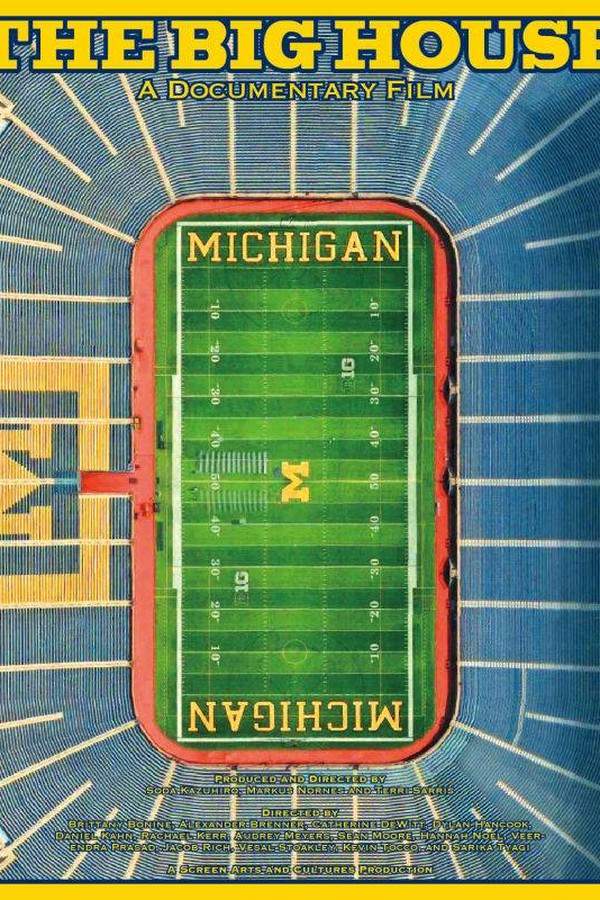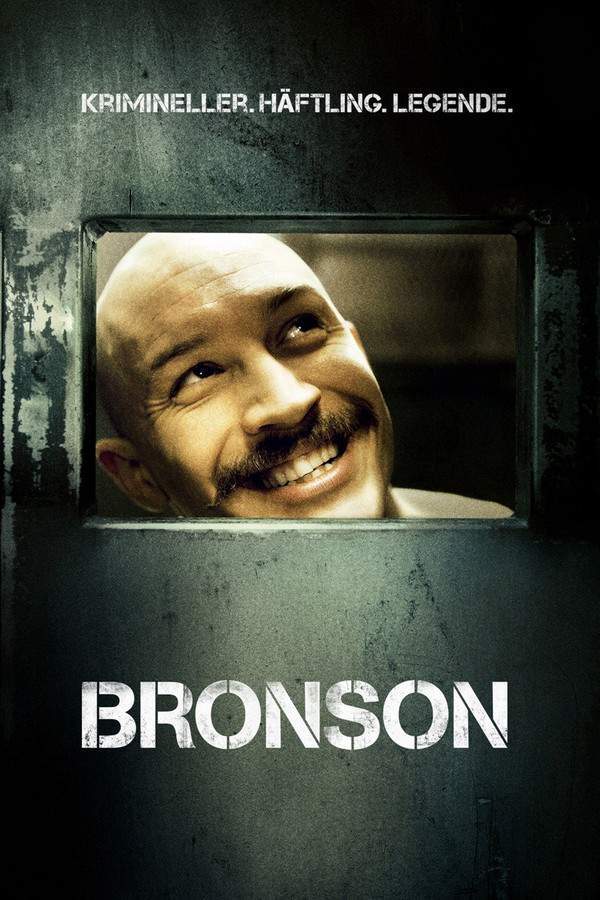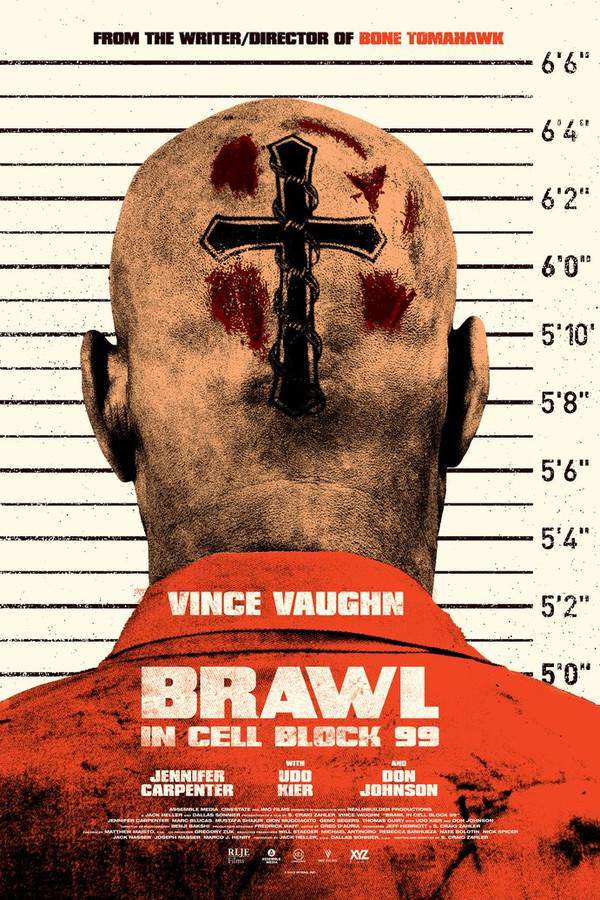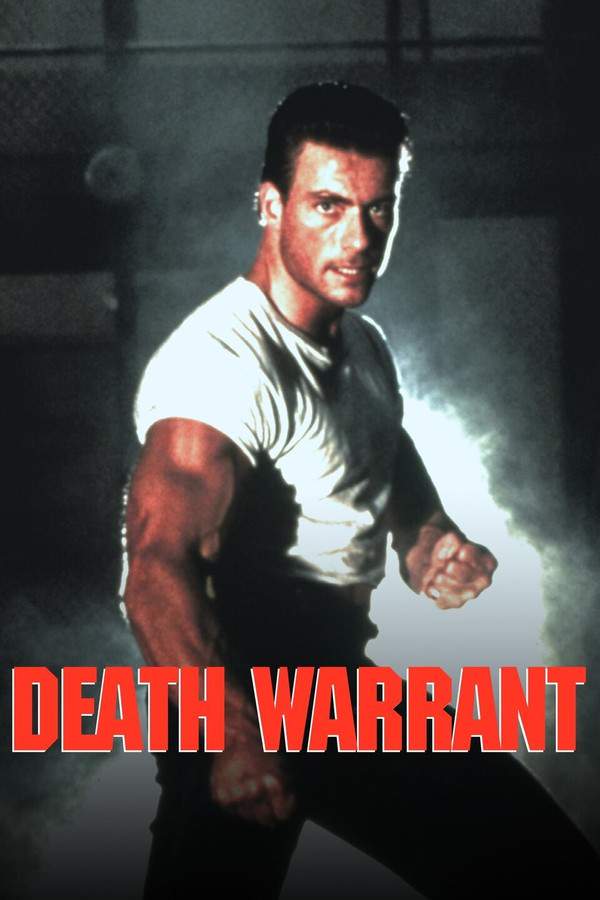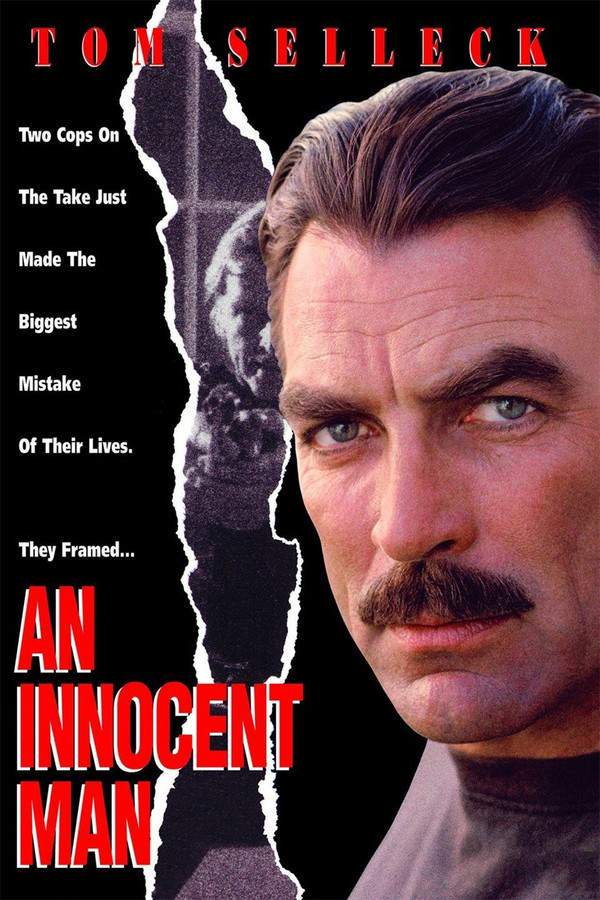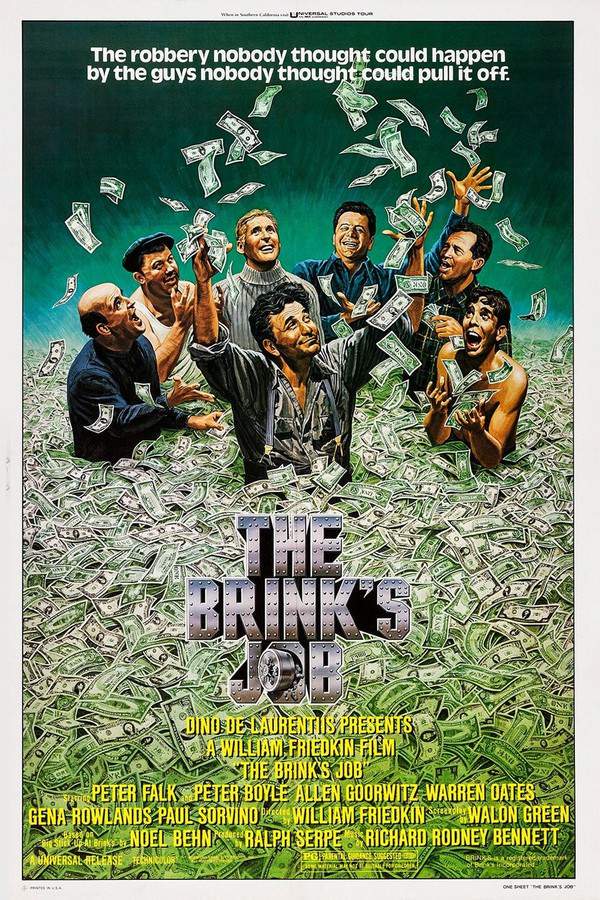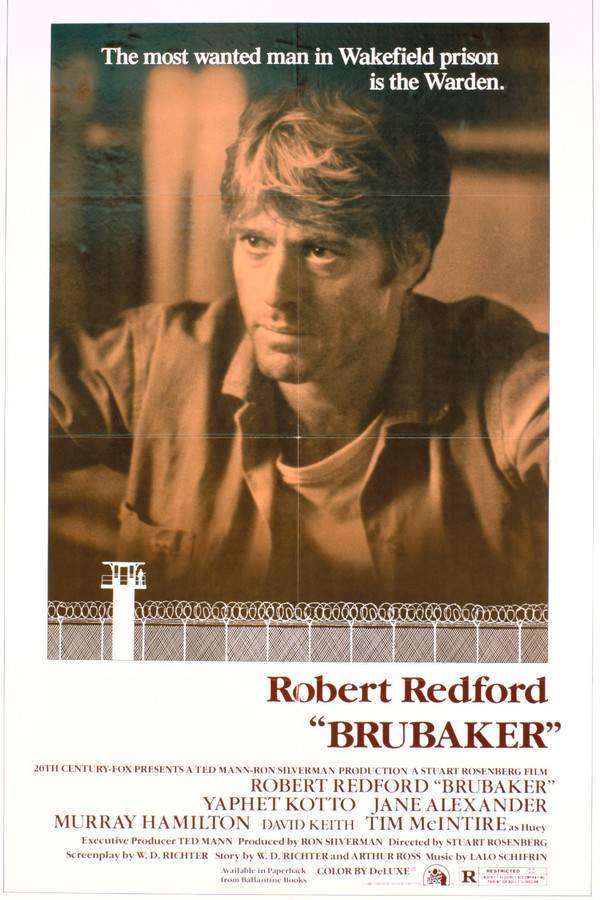
Brubaker 1980
Directed by
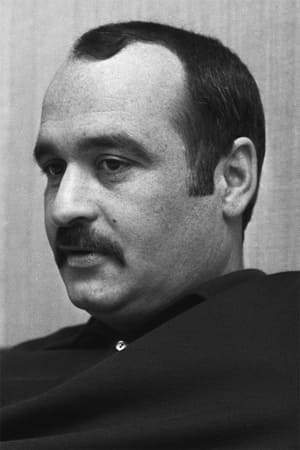
Stuart Rosenberg
Test your knowledge of Brubaker with our quiz!
Brubaker Plot Summary
Read the complete plot summary and ending explained for Brubaker (1980). From turning points to emotional moments, uncover what really happened and why it matters.
Newly appointed Arkansas State Wakefield Prison warden Henry Brubaker arrives at the penitentiary disguised as a prisoner, joining a bus full of new inmates. He quickly finds himself navigating the grim realities of prison life: insufficient beds, appalling food quality, malfunctioning showers, rampant sexual violence in the barracks, and cruel punishment methods. The scene becomes particularly riveting when Brubaker discovers a maggot in his meal. Later, he learns of inmate Larry Lee Bullen being taken away under the guise of a phone call only to be brutally beaten.
On sanitation detail, Brubaker and the injured Bullen wrestle with the putrid conditions outside Death Row, where things escalate when inmate Walter takes Bullen hostage, demanding to speak to the warden. After calming Walter down, Brubaker reveals his true identity, surprising Walter, who reluctantly lists his demands for better living conditions, including yellow-painted walls and a television like those reserved for the corrupt convict guards. Once their meeting ends, Brubaker ensures Walter is locked back in his cell, setting the tone for his leadership.
Trusty Dickie Coombes later guides Brubaker to the office of Warden Renfro, played by Lee Richardson, where Brubaker announces Renfro’s termination from his position. Following this, he faces the prison crowd, introducing his new rules amid the scrutinizing gaze of governors’ assistant Lillian Gray and Prison Board Chairman John Deach. While Deach insists on staying informed, Lillian cautions Brubaker to tread carefully.
As Brubaker transforms the prison’s environment, he compels Death Row prisoners to enjoy sunlight for brief moments, yet soon learns about unfortunate events, such as the roof collapse in the barracks during a rainstorm. His determination leads him to save injured inmates despite facing challenges in getting ambulances to respond. In the infirmary, he discovers that the medical staff exploits inmates by charging for services. Taking swift action, he replaces the doctor who had long taken advantage of the system.
Brubaker investigates the kitchens, realizing there’s blatant mismanagement as food meant for inmates is being misappropriated. When C. P. ‘Woody’ Woodward visits, he requests the rebuilding of the barracks’s roof for free, but Brubaker stands firm, stopping the practice of free labor that benefits the local contractors. Woody’s warning that there will be consequences for Brubaker’s resistance becomes apparent as he struggles with deeper issues involving corrupt prison labor and stolen food supplies.
When Brubaker uncovers a hidden cabin occupied by trusty Huey Rauch and his girlfriend, who were hoarding stolen supplies, he takes decisive actions against the bureaucratic negligence surrounding such theft. Building an inmate council comprising trusted inmates, Brubaker aims to regain order and transparency. However, his reforms fizzle as trouble brews among the trusties, leading to violence against inmates like Abraham who dares to speak up about the buried secrets of the past.
His quest for justice pushes against the system, which comes to a head during a Prison Board meeting where it’s evident that profit and corruption are prioritized over inmates’ well-being. Brubaker becomes increasingly frustrated with Lillian and the board’s reluctance to confront the ugly truths of the prison system, and the situation escalates further when he discovers Abraham’s lifeless body. In a desperate move to uncover hidden truths, he orders the innocent inmates to search for buried bodies, risking their safety in the process.
Brubaker’s resolve intensifies when he realizes the deep-rooted corruption reaches into the highest levels of authority. Every attempt to reform the prison leads him into conflict not just with inmates, but with the very structures meant to uphold justice. As he faces off against powerful figures like Senator Hite, Brubaker insists that accountability must come first.
Confronted with the fallout of his decisions, Brubaker learns a startling truth about current inmates and their connections to the past. The violence peaks when Rauch murders Bullen, leading to a tense showdown. By the end, as Brubaker faces repercussions for his brave stance against the system, the respect he garners from the inmates shines through; their applause marks a poignant farewell to a warden who dared to challenge the status quo, as Dickie leads the charge in honoring Brubaker’s efforts.
Brubaker Timeline
Follow the complete movie timeline of Brubaker (1980) with every major event in chronological order. Great for understanding complex plots and story progression.
Brubaker's Arrival at Wakefield Prison
Newly appointed warden Henry Brubaker arrives at Wakefield Prison disguised as a prisoner. This act sets the stage for his undercover investigation into the systemic issues plaguing the penitentiary.
Confronting Prison Conditions
Brubaker quickly becomes aware of the shocking realities within Wakefield, including poor sanitation, inadequate food, and rampant violence among inmates. His disgust is exemplified when he finds a maggot in his meal, highlighting the prison's mismanagement.
Inmate Bullen's Assault
Brubaker witnesses the brutal beating of inmate Larry Lee Bullen, who is taken away under false pretenses. This event shocks Brubaker and marks the beginning of his quest for reform.
Walter's Hostage Situation
During sanitation detail, inmate Walter takes Bullen hostage, demanding to speak to the warden. Brubaker manages to calm him down and learns about the inmates' dire demands for improved living conditions.
Brubaker's Leadership Establishment
After revealing his identity to Walter, Brubaker sets the tone for his leadership. He secures Walter's return to his cell, establishing his authority and setting the groundwork for future reforms.
Termination of Warden Renfro
Brubaker confronts Warden Renfro and announces his termination. This bold action signals a new era at Wakefield Prison and is observed by the governor’s assistant and the prison board chairman.
Introduction of New Rules
In front of prison officials, Brubaker introduces new rules aimed at improving inmate welfare. Despite pushback from members of the board, he remains committed to reforming the institution.
Attempt to Improve Living Conditions
Brubaker makes efforts to enhance the environment in Death Row by allowing inmates brief periods of sunlight. However, he soon faces setbacks, including a roof collapse during a rainstorm that injures several inmates.
Exposing Medical Exploitation
In the infirmary, Brubaker uncovers a scheme where the medical staff exploits inmates by charging for healthcare services. He swiftly replaces the rogue doctor to stop the malpractice.
Investigating Food Mismanagement
Brubaker investigates the kitchens and discovers blatant mismanagement, including the diversion of food meant for inmates. He refuses to let local contractors take advantage of inmate labor for free.
Dealing with Stolen Supplies
Brubaker finds a hidden cabin with trusty Huey Rauch hoarding stolen supplies. He takes action against this blatant corruption, pushing for accountability within the prison's ranks.
Formation of Inmate Council
To bring order and transparency, Brubaker establishes an inmate council made up of trusted prisoners. However, friction among the trusties soon escalates into violence.
Confrontation with the Prison Board
At a Prison Board meeting, Brubaker openly challenges the board's corruption and failure to prioritize inmate welfare. Tensions rise as he demands accountability amidst evident reluctance from board members.
Discovery of Abraham's Body
Brubaker's investigation leads him to discover the lifeless body of inmate Abraham. This shocking revelation intensifies his determination to unearth the prison's dark secrets.
Brubaker's Farewell
As the chaos escalates, Brubaker faces dire consequences for his reforms, underscoring the deep-seated corruption he encountered. His efforts garner respect from inmates, culminating in a poignant farewell as they applaud his courage.
Brubaker Characters
Explore all characters from Brubaker (1980). Get detailed profiles with their roles, arcs, and key relationships explained.
Henry Brubaker (Robert Redford)
Henry Brubaker is a newly appointed prison warden who goes undercover to uncover the truth about the prison's conditions. He is determined, compassionate, and unyielding in his pursuit of justice, navigating the treacherous waters of prison politics. Brubaker seeks to reform the corrupt systems and provide better living conditions for inmates.
Walter (Morgan Freeman)
Walter is an inmate who becomes a crucial ally to Brubaker. Initially resistant, he represents the voice of the prisoners and articulates their desperate needs for improvement. Walter's character evolves as he recognizes Brubaker's genuine intentions, making him a pivotal figure in the quest for reforms.
Larry Lee Bullen (David Keith)
Larry Lee Bullen is an inmate who experiences the brutal realities of prison life, representing the vulnerable among the incarcerated population. His tragic fate underscores the dangers prisoners face and serves as a catalyst for Brubaker's actions. Bullen's character evokes sympathy and highlights the urgent need for change within the prison system.
Dickie Coombes (Yaphet Kotto)
Dickie Coombes is a trusty who serves as a guide for Brubaker, giving him insights into the inner workings of the prison. His character embodies the complexities of loyalty and survival within the criminal system. Dickie is both a supporter of Brubaker's mission and a figure caught in the moral dilemmas of prison life.
Brubaker Settings
Learn where and when Brubaker (1980) takes place. Explore the film’s settings, era, and how they shape the narrative.
Time period
The movie is set in a contemporary period reflective of the late 20th century, highlighting the stark realities of the American prison system during that era. It captures the struggles for justice and humane treatment within correctional institutions amidst a backdrop of societal negligence.
Location
Arkansas State Wakefield Prison
Arkansas State Wakefield Prison is a correctional facility known for its severe conditions and systemic corruption. The prison is marked by its overcrowded environment and the pervasive violence among inmates and guards. Brubaker's arrival aims to shine a light on the troubling realities of prison life and bring much-needed reforms.
Brubaker Themes
Discover the main themes in Brubaker (1980). Analyze the deeper meanings, emotional layers, and social commentary behind the film.
⚖️
Justice
The theme of justice is central to the narrative, as Brubaker battles against the entrenched corruption within the prison system. His efforts to reform the institution demonstrate the struggle for accountability in a flawed system, showcasing the harsh realities faced by inmates. This theme resonates deeply as it exposes the moral dilemmas in the pursuit of fairness.
🛑
Corruption
Corruption permeates the prison walls, affecting both the guards and inmates. Brubaker's journey reveals the extent to which profit and power overshadow the well-being of prisoners. The ongoing battle against bureaucratic negligence and exploitation reflects a broader commentary on societal issues within the justice system.
👥
Redemption
The quest for redemption is embodied in Brubaker's tireless efforts to change the lives of inmates. Through understanding their struggles and advocating for humane treatment, he provides a glimmer of hope amidst despair. This theme illustrates the potential for growth and change, even in the bleakest circumstances.

Coming soon on iOS and Android
The Plot Explained Mobile App
From blockbusters to hidden gems — dive into movie stories anytime, anywhere. Save your favorites, discover plots faster, and never miss a twist again.
Sign up to be the first to know when we launch. Your email stays private — always.
Brubaker Spoiler-Free Summary
Discover the spoiler-free summary of Brubaker (1980). Get a concise overview without any spoilers.
In the heat‑baked reaches of rural Arkansas, a sprawling penitentiary looms like a stone‑capped fortress, its stone walls echoing the rustle of restless inmates and the clatter of aging machinery. The institution feels less like a place of correction and more like a self‑contained world where scarcity, neglect, and an unspoken hierarchy shape every interaction. The air is heavy with a mixture of fear and resignation, setting a stark backdrop for a story that probes the thin line between order and chaos.
Into this environment steps Henry Brubaker, a state investigator who chooses a daring, unconventional path: he assumes the identity of a new prisoner to see the system from the inside. Trained in the rigors of law and guided by a fierce sense of justice, Brubaker carries with him the weight of an official mandate while secretly shouldering the vulnerability of a man who must earn the trust of those he seeks to help. His presence is a quiet protest against the complacency that has settled over the facility, and his demeanor balances determination with a watchful curiosity about the hidden mechanics of power.
Alongside the warden‑in‑training, a seasoned inmate named Dickie Coombes offers a begrudging partnership, his street‑wise experience providing Brubaker with the unvarnished truth about daily life behind bars. Their uneasy alliance is observed by Lillian Gray, the governor’s diligent assistant, whose own loyalties hover between bureaucratic duty and personal conscience. Together they navigate a landscape where every hallway whispers of long‑standing abuse, and every guard’s glance hints at deeper entanglements.
The film’s tone is unflinching yet hopeful, blending gritty realism with an undercurrent of moral urgency. As Brubaker delves deeper, the prison’s oppressive silence begins to crack, revealing the possibility that even the most entrenched institutions can be challenged when one man dares to confront them from within.
Can’t find your movie? Request a summary here.
Movies with Similar Twists and Themes
Uncover films that echo the narrative beats, emotional arcs, or dramatic twists of the one you're exploring. These recommendations are handpicked based on story depth, thematic resonance, and spoiler-worthy moments — perfect for fans who crave more of the same intrigue.
Featured on this page

What's After the Movie?
Not sure whether to stay after the credits? Find out!
Explore Our Movie Platform
New Movie Releases (2026)
Famous Movie Actors
Top Film Production Studios
Movie Plot Summaries & Endings
Major Movie Awards & Winners
Best Concert Films & Music Documentaries
Movie Collections and Curated Lists
© 2026 What's After the Movie. All rights reserved.



